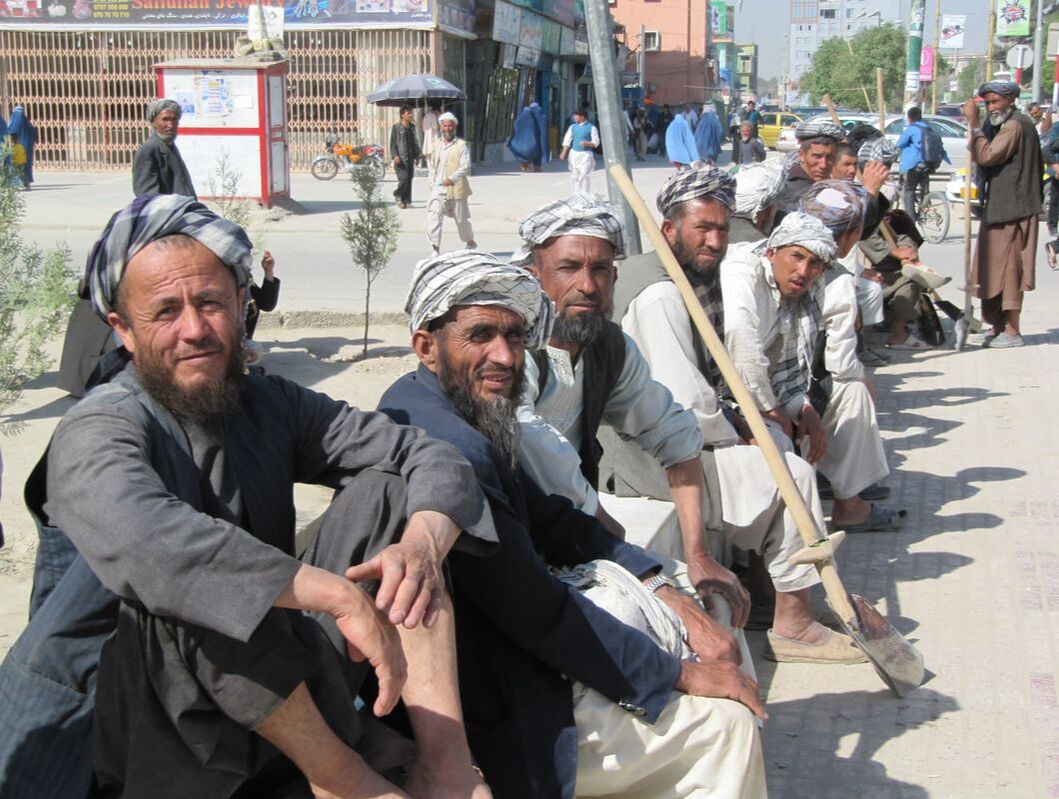|
|
|
As the human misery in Lesbos, Malta and the Mediterranean Ocean hits the world media, a debate has emerged on how to speak about this crisis. Some argue that the public debate and part of the media coverage has become ‘too emotional’. A few voices emphasise the lack of context, including the history of war and oppression in the region from which a majority of the Moira refugees and migrants have travelled in search of safety.
As a media researcher with an international journalist background, having travelled and resided in countries in the Middle East and beyond, it is hard not to agree with those asking for historical context. Far too often, the public debates on asylum seekers and migrants narrow the scope to the nation’s sustainability. Another argument relates to ‘whataboutism’, highlighting the plight of people who are even worse off, such as in Yemen. For academics and other experts alike, it does make sense to approach refugee discourses from a multi-level perspective. It is hard not to see the high number of Afghan refugees in Moria as related to the last two decades of NATO-led intervention, and the hopes that turned to ashes while the Taliban (again) grew stronger.
My friend Abdul’s long story of exile and return illustrates the point, as I discuss in my Identities article, 'Transnational contextualisation seeing the world from there, here and in-between'. As a child, he was orphaned during the Soviet occupation in the 1980s. As an adolescent, he was ‘adopted’ by an extremist group who gained popularity through the brutality of this war, as well as by US covert support. He fled the country when he was in his late teens and after two years, made it to Northern Europe, where he settled and found a job. In his twenties, he was expelled with other single young men after a political change. Back in a changed Afghanistan six or seven years after the fall of the Taliban (2001), he married and tried to obtain a job, without success. His old former ‘friends’ in the extremist group represented a danger, in addition to the general situation deteriorating with suicide bombers appearing on the Afghan scene and the Taliban regaining position. Some years ago, he disappeared again, and in spite of obstacles made it to Southern Europe. His wife and their children later joined him, and they survive working in the ‘precariarious private caring business'.
Abdul’s case illustrates ‘the larger picture’ of refugees’ plight, but rarely are such narratives as his represented in public debates. Western countries’ responsibilities for the ongoing wars in Afghanistan, Iraq and Libya are likewise rarely connected to ongoing migration debates. As a researcher as well as journalist, I have worked with three levels: the ‘theres’ (mostly Afghanistan, but also Iraq) where refugees originate; the ‘nowhereland’ (Bauman 2007), i.e. interviews with refugees underway; and the ‘here’, i.e. with the ones who have arrived and/or settled in my country (Eide et al. 2017). Contemporary journalism is poorly equipped for holistic approaches, not least in a time when the institutions are suffering serious economic setbacks. There is a space for such examples, though, in the narrative journalism genre. De-contextualisation and methodological nationalism in media research as well as in journalism will leave citizens less fit to evaluate migration policies and perform their democratic duties. A question raised in this important debate is whether some research fields (such as, for example, media and marginalisation, media and migration) themselves may attract people who believe research can provide platforms for societal change. Another interesting question worthy of further consideration is whether researchers within such a controversial field have themselves at times experienced marginalisation, while media thrive on representing the most polarised positions. References: Andersson, M. 2018. Kampen om vitenskapeligheten [The Struggle of being Scientific]. Oslo: Universitetsforlaget. Bauman, Z. 2007. Liquid Times. Living in an Age of Uncertainty. Cambridge: Polity Press. Eide, E. 2019. Mobile flight: Refugees and the Importance of Cell Phones. Nordic Journal of Migration Research. (To be published). Eide, E.; Afshin I. & Amin, S. 2017. På flukt med mobiltelefon. [On flight with a mobile phone]. Oslo: Pax.
Blog post by Elisabeth Eide, Oslo Metropolitan University, Norway
Read the full article: Eide, Elisabeth. Transnational contextualisation seeing the world from there, here and in-between. Identities: Global Studies in Culture and Power. DOI: 10.1080/1070289X.2020.1813459 [Open Access]
0 Comments
Your comment will be posted after it is approved.
Leave a Reply. |
|
Explore Identities at tandfonline.com/GIDE |
|
The views and opinions expressed on The Identities Blog are solely those of the original blog post authors, and not of the journal, Taylor & Francis Group or the University of Glasgow.

